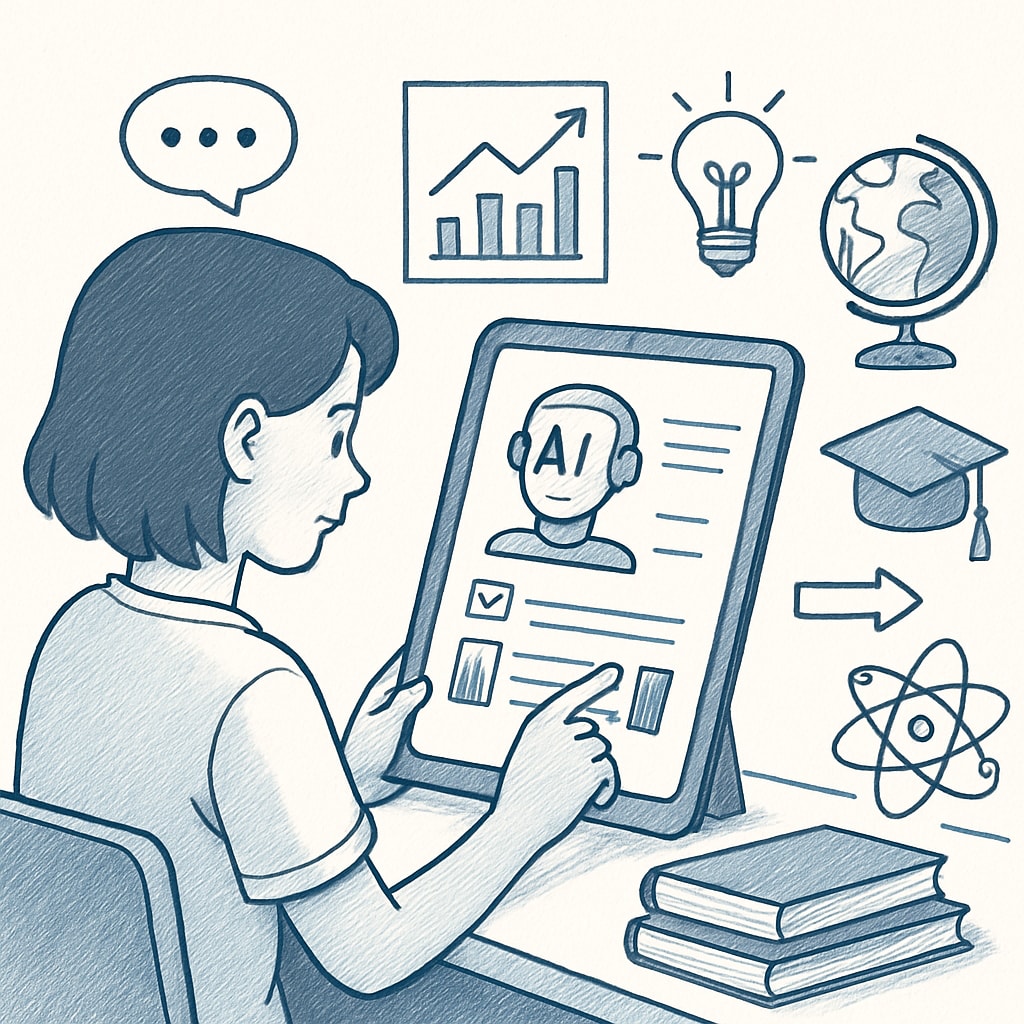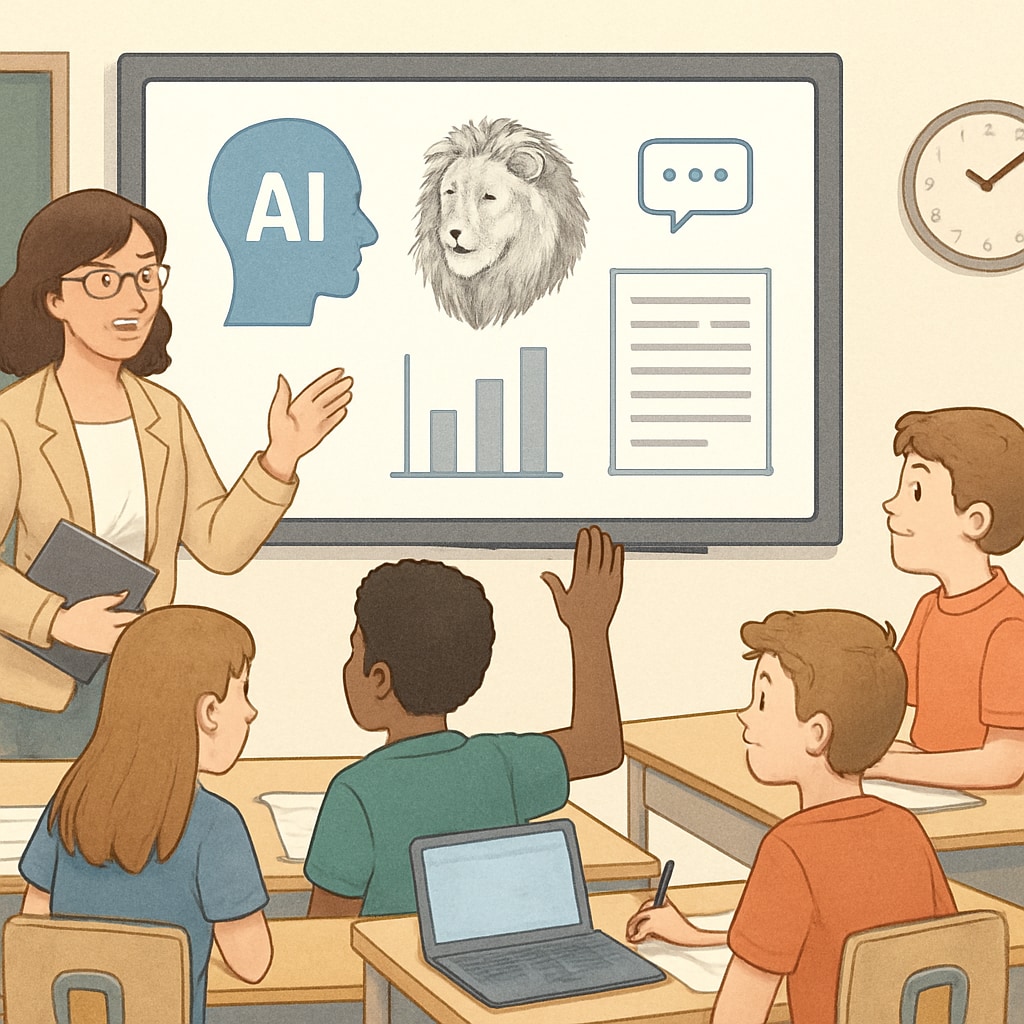Artificial intelligence, education, future prediction—these interconnected concepts are rapidly gaining traction in today’s academic discourse. Over the next 5-10 years, AI is expected to fundamentally alter the K12 education landscape, influencing everything from personalized learning experiences to teacher roles and resource allocation. As AI tools continue to evolve, educators and policymakers are exploring how these technologies can enhance learning outcomes while addressing challenges associated with implementation and equity.
Personalized Learning: The Core of AI’s Impact on Education
AI-powered systems excel at tailoring learning experiences to individual student needs. By analyzing data such as performance, learning pace, and preferences, AI tools can create custom learning paths. For example, platforms like Khan Academy already use adaptive algorithms to offer personalized lesson plans and exercises. This approach not only boosts student engagement but also helps struggling learners receive targeted support while challenging advanced students with more complex material.

Redefining Teacher Roles in an AI-Enhanced Classroom
While AI will not replace teachers, it is likely to redefine their roles. Instead of spending significant time on administrative tasks and grading, educators can focus more on mentoring, creativity, and classroom management. AI tools can handle repetitive tasks such as assessments and performance tracking, enabling teachers to dedicate their energy to fostering critical thinking and emotional intelligence in students. As a result, the teaching profession may shift toward a more facilitative and advisory model.

Challenges and Solutions in Implementation
Despite its transformative potential, AI integration in K12 education faces challenges such as data privacy concerns, unequal access to technology, and resistance to change. Policymakers must ensure that AI tools comply with strict privacy regulations to protect student data. Additionally, initiatives like providing low-income schools with AI-compatible devices and training teachers in technology use will be critical to bridging the digital divide.
For example, organizations like Britannica emphasize the importance of equitable access to educational technologies to ensure that every child benefits from AI-driven innovations.
Future Predictions: What Will K12 Education Look Like?
As AI technologies mature, we can expect several long-term changes in the K12 education system:
- Automated Assessments: Intelligent systems will make grading faster and more accurate while providing real-time feedback to students.
- Global Collaboration: AI platforms will enable students and teachers to connect across borders, fostering global teamwork and cultural exchange.
- Gamified Learning Experiences: AI will incorporate gamification techniques to make learning more interactive and enjoyable for younger students.
- Enhanced Special Education Support: AI can offer tailored strategies for students with disabilities, ensuring their unique needs are met more effectively.
Ultimately, the integration of AI into education will not only modernize teaching techniques but also prepare students for a tech-driven future by equipping them with essential digital skills.
Readability guidance: Short paragraphs and lists summarize key points; transitions like “for example,” “as a result,” and “in addition” improve clarity; active voice is prioritized to ensure engaging content.


